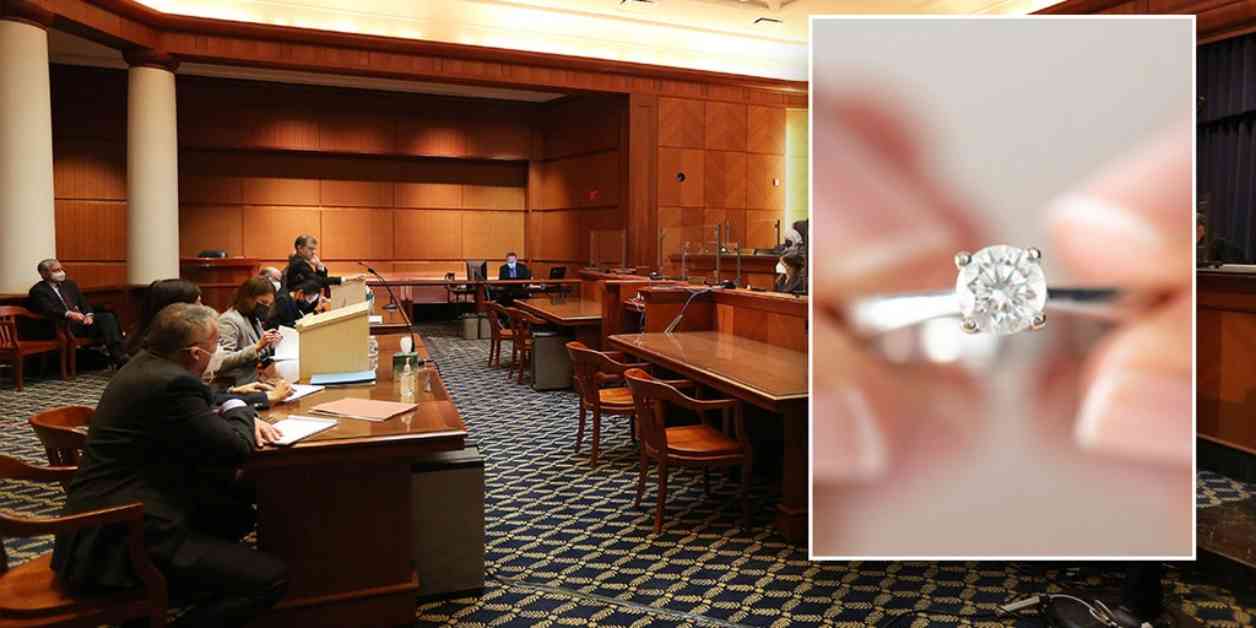The recent legal battle over a $70,000 engagement ring in Massachusetts has finally come to a conclusion. The state’s highest court ruled that the ring should be returned to the person who originally purchased it, regardless of fault in the breakup of the engagement.
The dispute began when Johnson proposed to Settino with the expensive diamond ring in 2017. However, Johnson later discovered messages on Settino’s phone that indicated she may have been unfaithful. As a result, Johnson called off the engagement, leading to a court battle over the ownership of the ring.
While a trial judge initially ruled in favor of Settino keeping the ring, an appeals court later decided that Johnson should have possession of it. Ultimately, the Massachusetts Supreme Judicial Court intervened and determined that Johnson was entitled to keep the engagement ring.
The court’s ruling signifies a shift away from the outdated concept of assigning blame in failed engagements. Instead, the justices emphasized that engagement rings should be returned to the donor in cases where the wedding does not take place, regardless of fault.
Stephanie Taverna Siden, Johnson’s lawyer, expressed satisfaction with the court’s decision, calling it fair and just. On the other hand, Settino’s legal team, represented by Nicholas Rosenberg, expressed disappointment with the outcome but acknowledged the court’s adherence to the prevailing legal standard in other states.
This ruling reflects a broader trend in modern jurisprudence regarding engagement ring ownership rights. By moving away from fault-based determinations, the Massachusetts Supreme Judicial Court has aligned itself with the majority of jurisdictions that have addressed similar issues.
The decision sets a precedent for future cases involving disputed engagement rings and clarifies the legal framework surrounding conditional gifts in the context of broken engagements. It underscores the importance of clear legal guidelines to resolve conflicts arising from the end of romantic relationships.
Overall, the court’s ruling in this case represents a significant step towards updating and modernizing the legal treatment of engagement rings in Massachusetts. It provides clarity and consistency in the resolution of disputes related to valuable assets exchanged during marriage proposals.





















